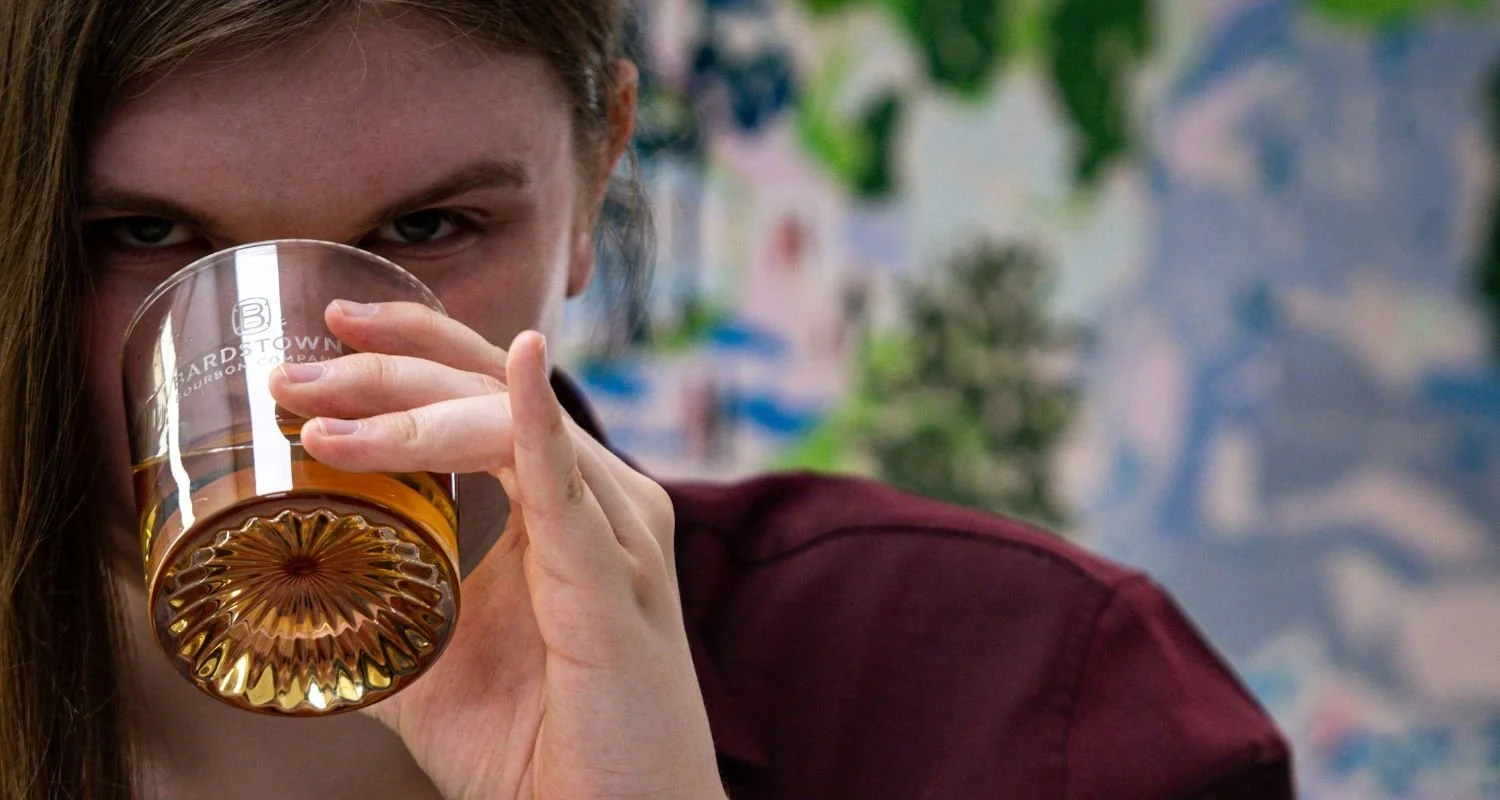Kristy Lark-Booth: Distilling is in my blood
Second-generation distiller and founder of Killara Distillery, Kristy Lark-Booth, discusses being held to different standards, building a community of women in Australian distilling, and being proud of how far she has come.
“Distilling is in my blood.” No wonder: as a youngster, Kirsty Lark-Booth grew up with a still outside her bedroom. Her parents, Bill and Lyn Lark, are two of the most recognisable pioneers of distilling in Tasmania, having opened Lark Distillery in 1992 they became the first single malt makers in the Australian island state since distilling was banned in 1836. Having been both head distiller and general manager of her parents’ distillery, Lark-Booth now runs Killara Distillery, which she founded in 2016, making her own style of single malt whisky and other spirits.
It nearly wasn’t so. “I was a typical teenager. I thought my parents were weird and annoying and having gone down the maths and physics routes during high school, I wanted to go into air traffic control.” More than 3,000 people applied for 10 places at an official training school, and Lark-Booth got one of them. But it was a well-timed scholarship through the Chartered Institute of Brewing & Distilling that sent her to Scotland and changed her course.
“My eyes were opened to the industry. It provided me with the opportunity to see that what my parents were doing was amazing. I approached mum and dad and said I wanted to learn more about production and the business.” She worked her way from the bottom to head of production, and when the family business was sold, she set upon opening her own distillery – a decision she made in March 2016, and she had her license in August 2016.
New standards
Having learned from her mum, Lark-Booth didn’t think much about sexism in the industry when she first started her career. But she noticed a marked shift when she opened her own distillery.
“I was talking to my brother and asking how often he gets asked what dad does to help him out, or if he also has people say that dad must do a lot for him. Unlike me, Jack never gets asked what daddy does for him.”
As well as being sidelined at events showcasing her whisky - her male counterparts being defaulted to for questions despite her being the distiller - she’s also noticed a difference between the questions she gets asked about her business, versus those asked of her brother who is also in the industry, despite Bill not having any decision-making capabilities or input in Killara. “I was talking to my brother and asking how often he also gets asked what dad does to help him out, or if he also has people say that dad must do a lot for him. Unlike me, Jack never gets asked what daddy does for him.”
Creating community: Lark-Booth is the president of the Australian Women in Distilling Association.
She also noticed a seismic difference in the number of women in the distilling industry being recognised for their work versus men. One particular awards in Adelaide saw only three women honoured out of 120 people, which really riled Lark-Booth. “I thought it was total rubbish. There are so many amazing women who aren’t being recognised. It got my knickers in a right royal knot, so I decided to do something about it.”
She set up the Australian Women in Distilling Association in 2017 as a space to promote women in the industry, help open doors and connect them with people who can help them. She also wanted to create a safe space for asking questions.
“My first whisky release didn’t need to be good, it had to be perfect; there was no room for error. I sometimes find that stifling.”
“Sometimes women don’t feel they can ask specific questions of their male counterparts as they’ve been made to feel dumb about asking a question in the past. When you’re made to feel like you can’t ask questions it’s a really hard environment to be in. I’m passionate about providing that space for women.”
With her parents’ reputations preceding her, Lark-Booth also recognises that her name brings with it a lot of weight and responsibility. She noticed it most keenly when she released her first whisky from Killara: “My first whisky release didn’t need to be good, it had to be perfect; there was no room for error. I sometimes find that stifling.”
“It had to be perfect”: Lark-Booth felt the pressure with Killara’s first whisky release.
Being a leader not only in her business but also as a woman in the Australian and global distilling industry also brings with it a recognition that other women look up to her, so leading with kindness and empathy is also key. Looking to her community and the wider industry has also helped to widen her view when it comes to work: “I find that when I catch up with like-minded people, whether it is women in our distilling group, getting a new perspective talking to people in the industry, sharing the problems we’ve had and someone else coming up with a solution - having those opportunities is really important. Sometimes we get stuck in our own narrow vision; I think it’s important to shake that.”
Looking back to look forward
In the meantime, Lark-Booth isn’t sitting on her laurels and has plenty of projects on the boil: increasing tourism opportunities, putting in a commercial kitchen and accommodation, offering more experiences and increasing production and export to name a few. The team are currently getting ready to do some trial batches of barley to further their biodiversity and have a working relationship with the land. “This will be fun in terms of expanding my agricultural knowledge which is limited at best,” she laughs.
Taking it all in: Killara will turn 10 years old in 2026.
She’s also keen to put herself first too, not just in business but in wider interests. “Getting my name out there a little bit more would be a good thing for Killara while also getting it to a place where I can step back - learn watercolour botanical painting, visit Scotland more.”
Looking back at the last nine years and approaching the 10-year anniversary of Killara has also made Lark-Booth reflect on her journey so far. “I have so many projects swirling around in my head, but sometimes you do need to stop and look at the path behind you and see where you’ve been. I’m really proud of what I’ve created out here, with a collection of beautiful people - we have a great time. I try and get out here a bit earlier, walk around and have a cup of tea in the garden and realise we’re moving forward.”








